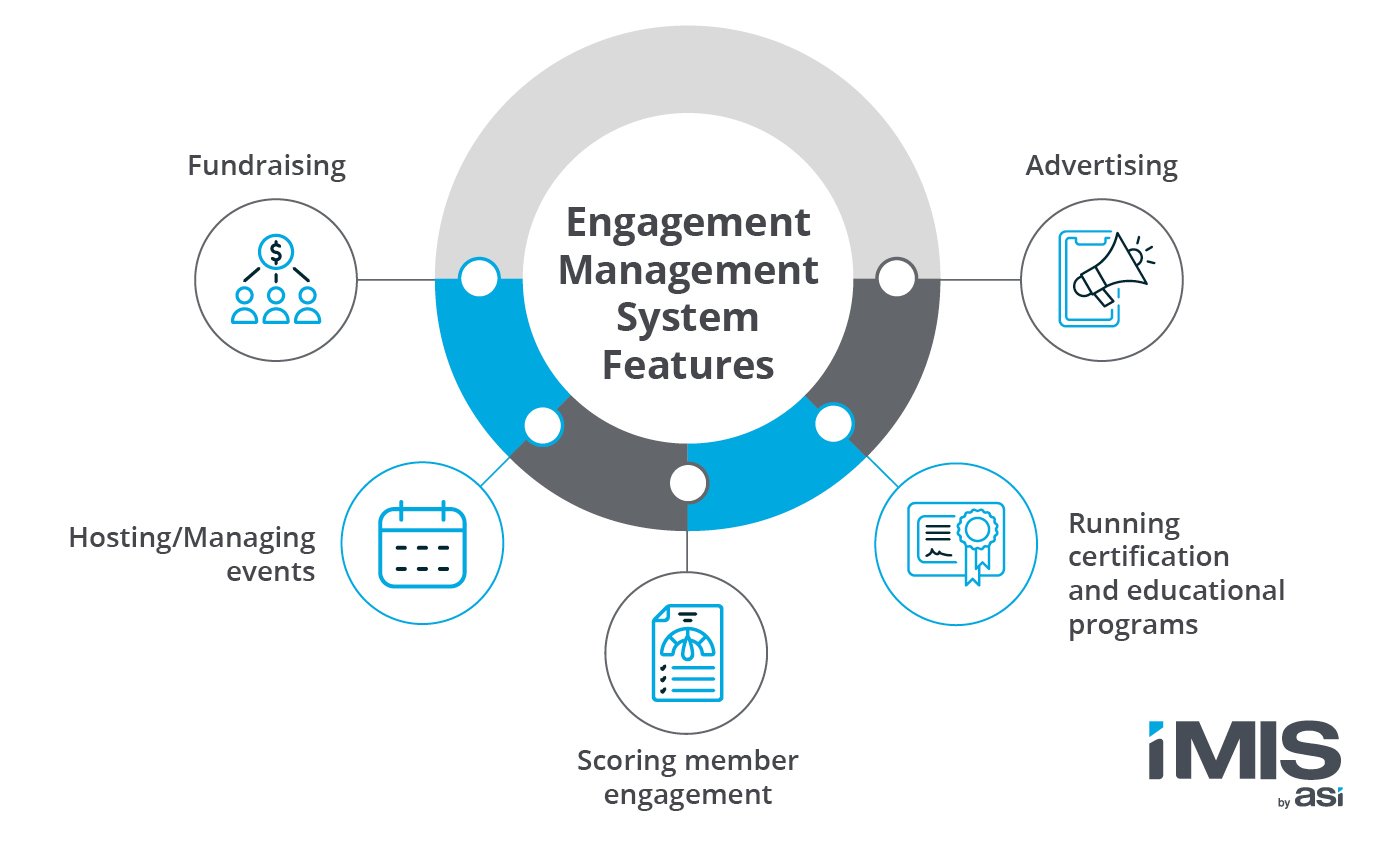Cette entreprise n'a pas de postes à pourvoir
About Us
Understanding Legal and Compliance Aspects in Your Outsourcing Journey

This article is a submission by Managed Services Partners. Managed Services Partners is an outsourcing firm with over six years of experience assisting services enhance operations and drive growth.
Starting the outsourcing journey is a venture that numerous services undertake to improve performances, minimize costs, and leverage specialized talent.
However, alongside these potential advantages come a host of legal and compliance complexities that must be thoroughly browsed to guarantee the success and sustainability of contracting out efforts.

This detailed guide will check out essential legal and compliance factors to consider, with a concentrate on information personal privacy laws, (NDAs), non-compete clauses, and the critical role of adaptability in today’s dynamic service environment.
The outsourcing landscape
Outsourcing is more than a method for unloading non-core jobs; it is a transformative method that can boost a business’s adaptability and competitiveness.
Whether it’s IT services, customer assistance, producing procedures, or human resources, outsourcing can use a substantial edge. Companies that effectively outsource can focus on core company operations, drive innovation, and access leading talent without the overhead costs of full-time work.

However, this journey is not without its legal and compliance difficulties. Companies need to be mindful of the intricacies surrounding the transfer and management of data, the defense of intellectual home (IP), and the upkeep of regulatory compliance.
Given the international nature of outsourcing, services need to likewise consider cross-border legal ramifications, which may vary considerably depending on the country where the outsourcing service provider runs.
Understanding these elements is necessary in ensuring that contracting out collaborations line up with a business’s strategic objectives while reducing prospective legal dangers.
In a lot of cases, organizations that neglect legal and compliance factors to consider deal with expensive disputes, loss of sensitive data, or reputational damage that can take years to recuperate from.
Importance of legal factors to consider
Outsourcing inherently includes legal considerations that are vital to protecting a company’s interests. At the forefront is the requirement to safeguard sensitive details. Companies should understand and adhere to data privacy laws that govern the jurisdictions in which they run.
This is especially crucial as information breaches can result in severe financial penalties and reputational damage.
Furthermore, intellectual home rights should be clearly defined in outsourcing agreements to avoid unauthorized usage or misappropriation of proprietary possessions. If these rights are not effectively developed, a business might lose control over critical developments or private business processes.
For services operating in highly controlled industries such as health care, financing, or legal services, compliance requirements are much more strict.
Sticking to regulations such as the General Data Protection Regulation (GDPR) in Europe or the Medical Insurance Portability and Accountability Act (HIPAA) in the United States is important to avoiding legal complications.
Non-Disclosure Agreements (NDAs) and non-compete stipulations

When outsourcing, business frequently share exclusive information with external provider.
To protect this valuable info, NDAs are used. These arrangements are designed to avoid the unapproved dissemination of secret information, consequently securing the business’s competitive benefit.
NDAs should be detailed and legally binding, plainly detailing what constitutes secret information and the responsibilities of both parties in dealing with sensitive information. Businesses need to likewise make sure that their NDAs consist of provisions for legal option in case of breaches.
Similarly, non-compete stipulations can be consisted of to prevent company from making use of delicate knowledge gained throughout the contracting out collaboration to benefit a competitor. This is specifically crucial when outsourcing freelancers or firms that might have numerous customers in the exact same industry.
However, the enforceability of non-compete provisions can vary significantly depending upon the jurisdiction. Some areas have stringent regulations restricting the scope and duration of such provisions.
Therefore, it’s important for companies to speak with legal experts with experience in the pertinent legal structures to draft reliable arrangements.
Contracts: Setting the foundation
Contracts function as the plan for the outsourcing collaboration, defining roles, responsibilities, deliverables, and timelines. They also outline the legal and compliance expectations for both celebrations.
A well-structured agreement needs to attend to several crucial elements:
Scope of work: Clear and in-depth descriptions of the services to be offered, including quality standards and efficiency metrics.
Data security: Specific stipulations related to information protection, data transfer procedures, and breach notification protocols to ensure adherence to personal privacy laws.
Intellectual Property rights: Provisions that develop ownership of IP created throughout the collaboration, and terms that protect pre-existing IP.
Termination provisions: Terms that resolve the possible end of the outsourcing relationship, consisting of notification periods and conditions under which termination can occur without charge.
Additionally, businesses ought to consider implementing service-level arrangements (SLAs) to make sure responsibility and performance tracking. SLAs specify measurable standards that the outsourcing company must meet, supplying services with recourse if expectations are not satisfied.
Engaging with company
Consulting with potential provider during the early phases of the outsourcing journey is a strategic relocation. This engagement enables companies to evaluate the service provider’s capability to fulfill legal and compliance requirements.
Thorough vetting procedures, such as requesting referrals, evaluating previous tasks, and assessing compliance accreditations, can provide important insights into the supplier’s reliability and adherence to industry requirements.
Businesses ought to likewise assess the financial stability of potential outsourcing partners.
A company that deals with monetary obstacles may not be able to keep operations long-lasting, posturing a risk to continuous jobs. Conducting due diligence ahead of time can avoid future disruptions.
The function of adaptability in legal and compliance techniques
Adaptability is an important element of successful outsourcing, especially when it concerns browsing developing legal landscapes. Regulations and market conditions can change rapidly, making it necessary for companies to stay nimble.
Building versatility into agreements and establishing processes for continuous compliance tracking can assist companies adapt to new legal requirements and keep an one-upmanship.
For example, if a company is contracting out client assistance operations to multiple nations, they must guarantee compliance with different national laws regarding consumer security and data personal privacy.
Regularly updating policies and contracts in response to legislative changes can prevent legal mistakes.
Real-world considerations and best practices
To ensure legal and compliance success in outsourcing, companies should adopt the following finest practices:
Regular audits and evaluations
Conduct routine audits and assessments to make sure that company remain compliant with legal and regulative requirements. This proactive method can assist identify possible spaces before they escalate into substantial concerns.
Training and awareness
Educate staff members and outsourced groups on data protection practices and legal obligations. This makes sure that everybody included in the outsourcing journey understands the importance of compliance and the role they play in safeguarding details.
Collaboration and interaction
Foster a collaborative relationship with company. Open lines of interaction can help address compliance issues promptly and assist in joint analytical efforts.
Crisis management preparation
Have contingency strategies in place in case of security breaches, agreement disputes, or supplier failures. A well-structured crisis management plan makes sure that services can quickly respond to obstacles without substantial disruptions.
Legal compliance for contracting out success
Understanding the legal and compliance elements of outsourcing is necessary for businesses aiming to utilize external capabilities while securing their interests. By concentrating on key locations such as information personal privacy, NDAs, non-compete clauses, intellectual home rights, and flexibility, business can successfully browse the outsourcing landscape.
Successful contracting out depend upon a collaborative method between the company and its company. Building trust and maintaining transparent communication can result in effective analytical and a shared commitment to compliance.



